#Douglas Fowley
Text
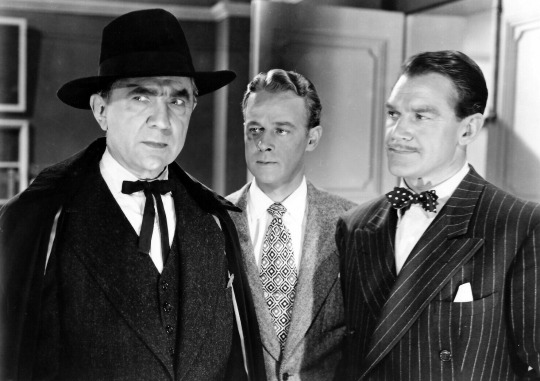
Bela Lugosi, Douglas Fowley, and Roland Varno in Scared to Death (1946)
#scared to death#bela lugosi#douglas fowley#roland varno#1946#1940s movies#christy cabbane#crime#mystery
25 notes
·
View notes
Photo

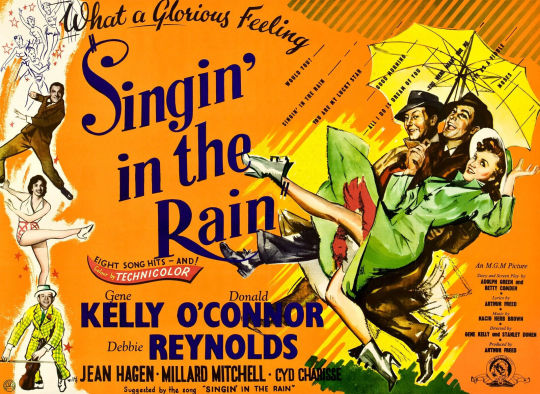
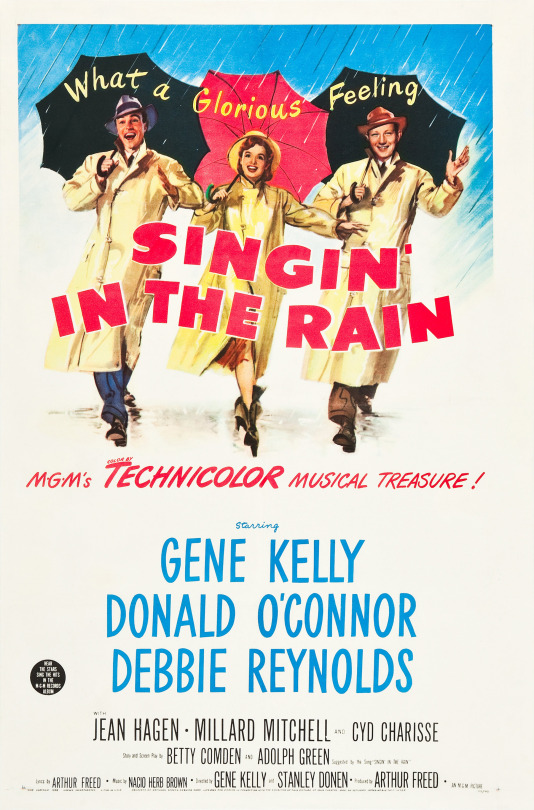
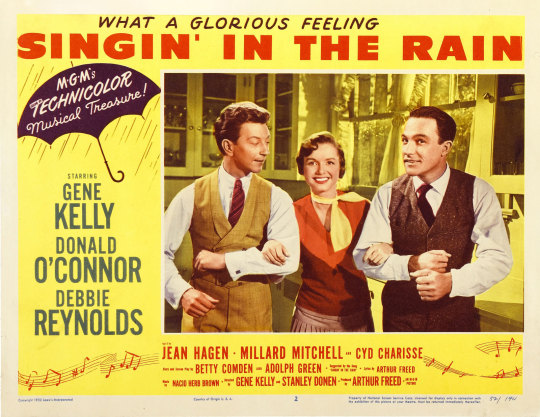

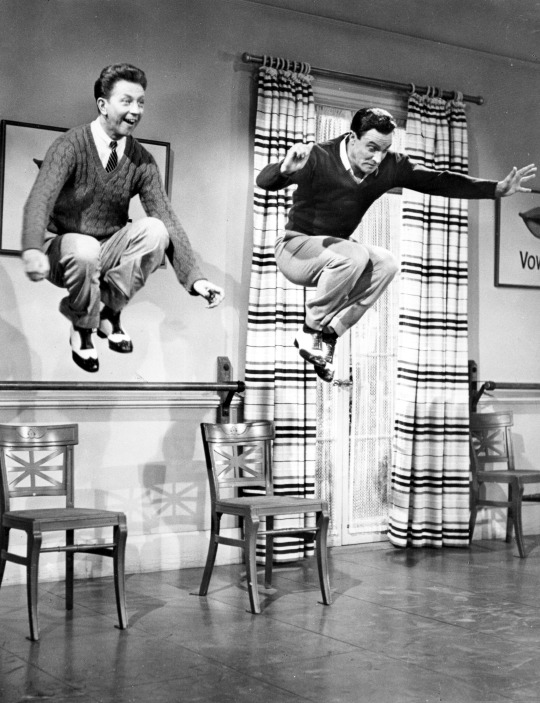
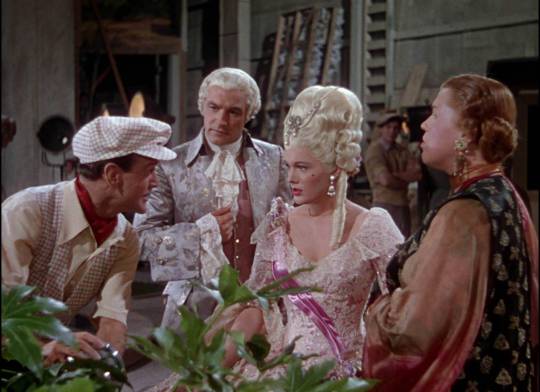
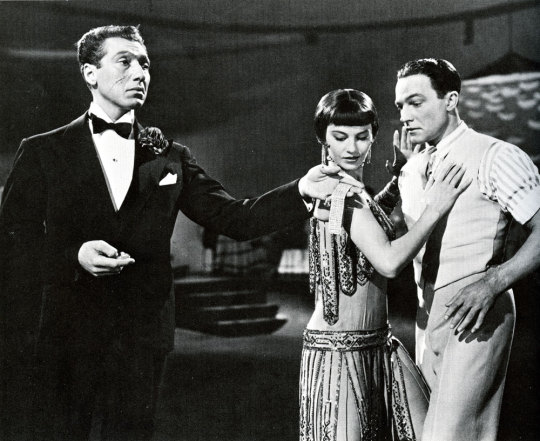
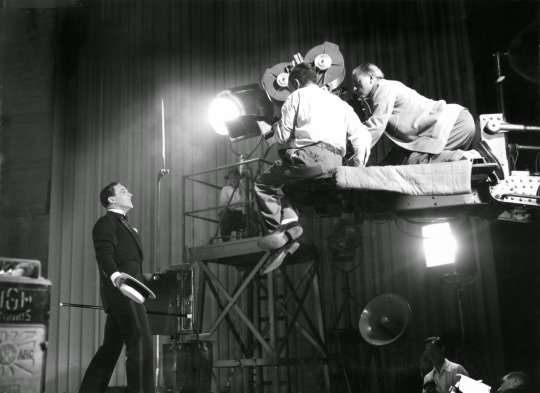
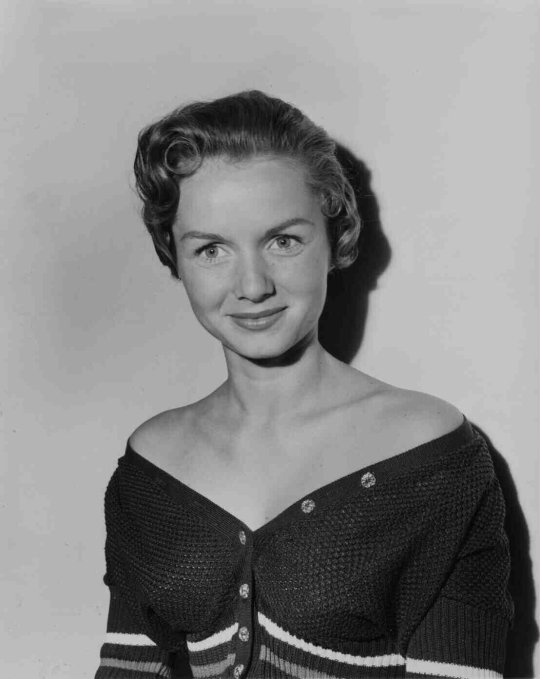
Singin’ in the Rain (1952) Stanley Donen & Gene Kelly
January 9th 2023
#singin' in the rain#1952#stanley donen#gene kelly#debbie reynolds#donald o'connor#jean hagen#millard mitchell#douglas fowley#cyd charisse#rita moreno#mae clarke#favourite
58 notes
·
View notes
Text
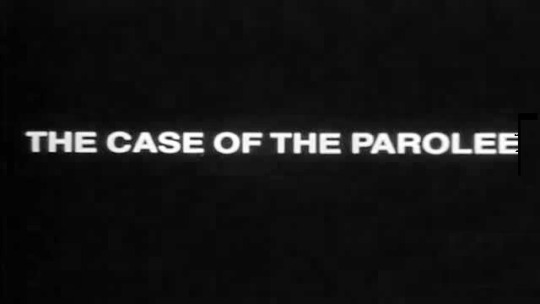
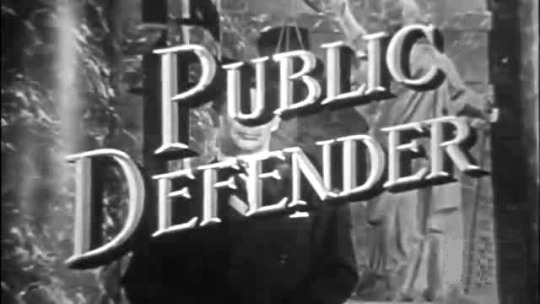
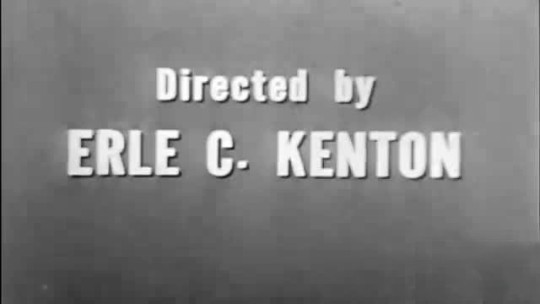
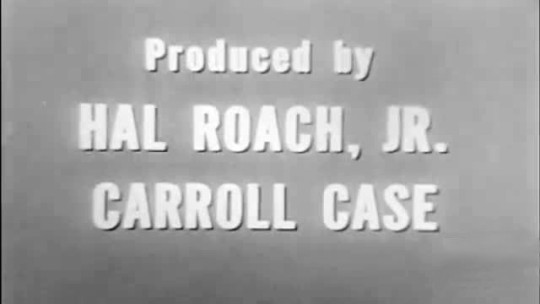
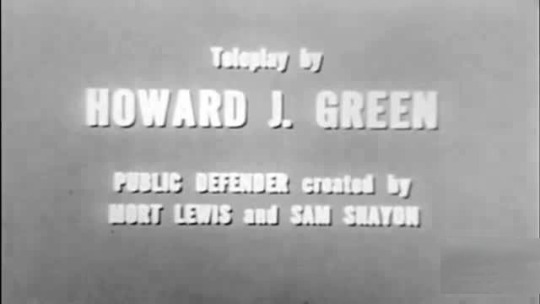
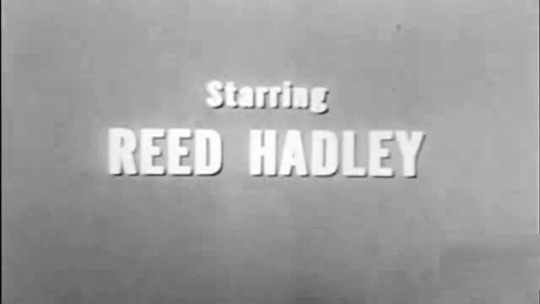
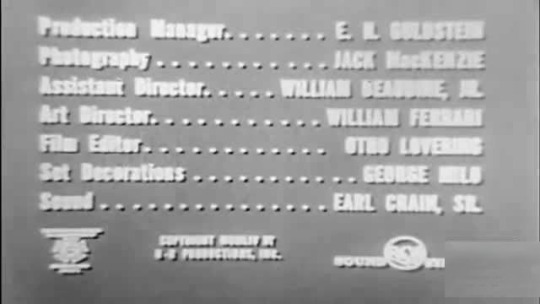
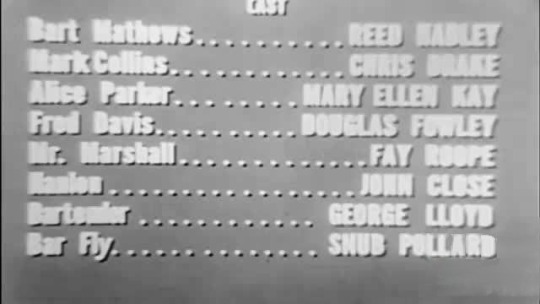
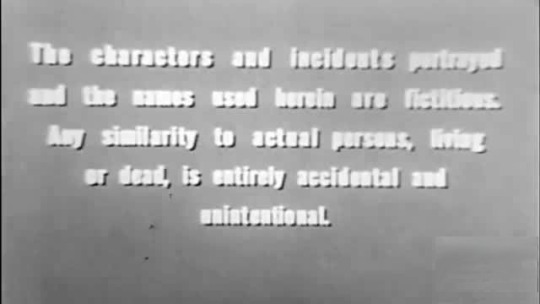
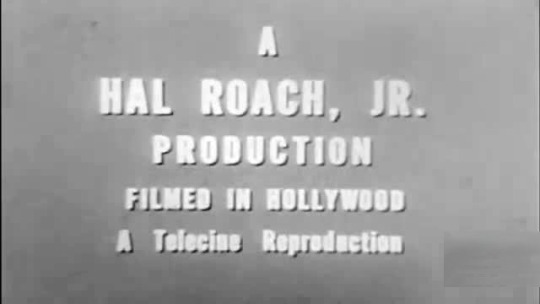

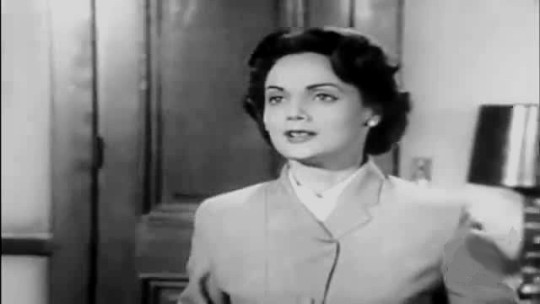
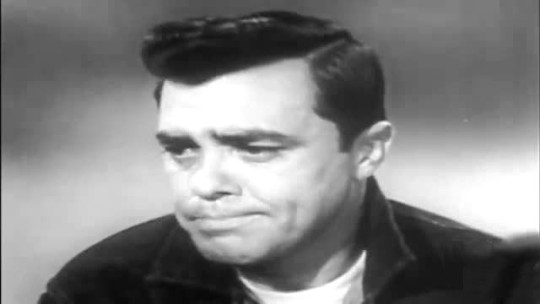
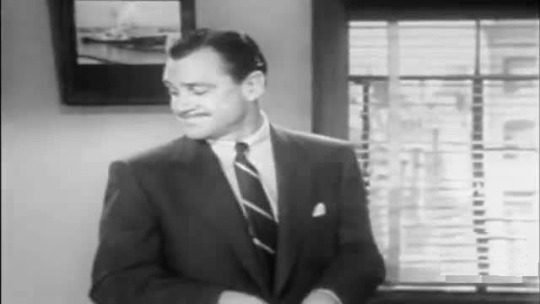
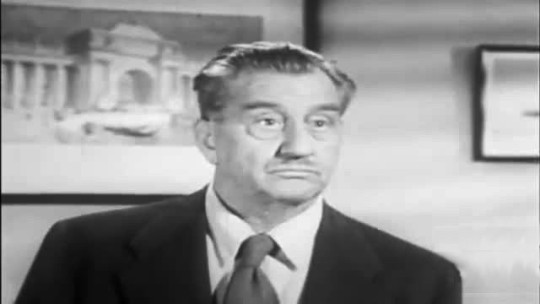
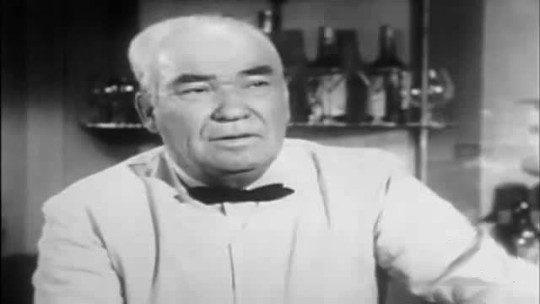
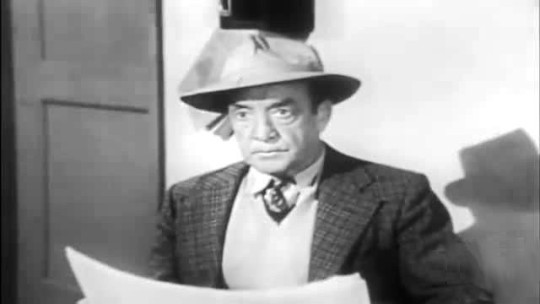
From the Golden Age of Television
Series Premiere
Public Defender - The Case of the Parolee - CBS - March 11, 1954
Crime Drama
Running Time: 30 minutes
Written by Howard J. Green
Produced by
Directed by Erle C. Kenton
Starring
Reed Hadley as Bart Matthew
Chris Drake as Mark Collins
Mary Ellen Kay as Alice Parker
Douglas Fowley as Fred Davis
Fay Roope as Mr. Marshall
John Close as Hamlon
George Lloyd as Bartender
Snub Pollard as Barfly
#The Case of the Parolee#TV#Public Defender#Crime Drama#1950's#1954#CBS#Reed Hadley#Chris Drake#Mary Ellen Kay#Douglas Fowley#Fay Roope#Series Premiere
2 notes
·
View notes
Text
MIGHTY JOE YOUNG:
Girl raises an ape
Who repeats King Kong problems
Thanks to stupid drunks
youtube
#mighty joe young#random richards#poem#haiku#poetry#haiku poem#poets on tumblr#haiku poetry#haiku form#poetic#terry moore#ben johnson#robert armstrong#Joseph young#frank mchugh#Douglas fowley#ernest b. schoedsack#Ruth Rose#merian c. cooper#Denis green#paul guilfoyle#Nestor Paiva#Regis toomey#Lora Lee Michel#James Flavin#Mary Gordon#stop motion#Youtube
2 notes
·
View notes
Text
One Body Too Many
One Body Too Many
One Body Too Many (1944) starring Jack Haley, Jean Parker, Bela Lugosi
One Body Too Many – insurance salesman Jack Haley stumbles onto an eccentric millionaire’s will, and the murder mystery among his relatives.
(more…)
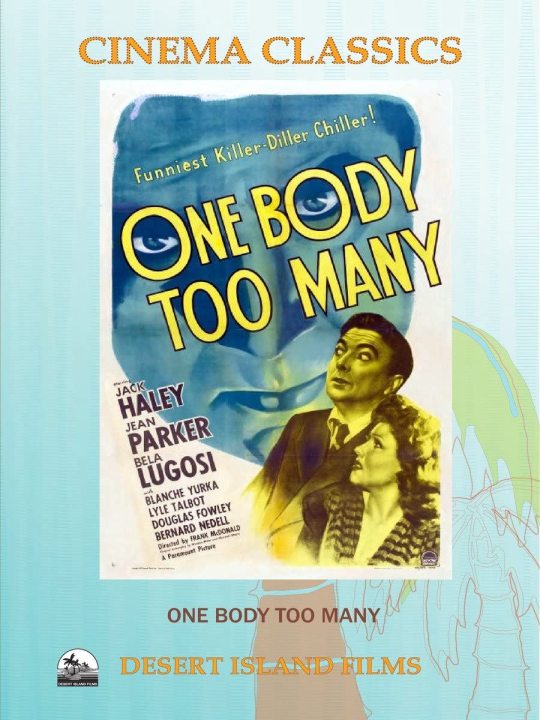
View On WordPress
2 notes
·
View notes
Photo
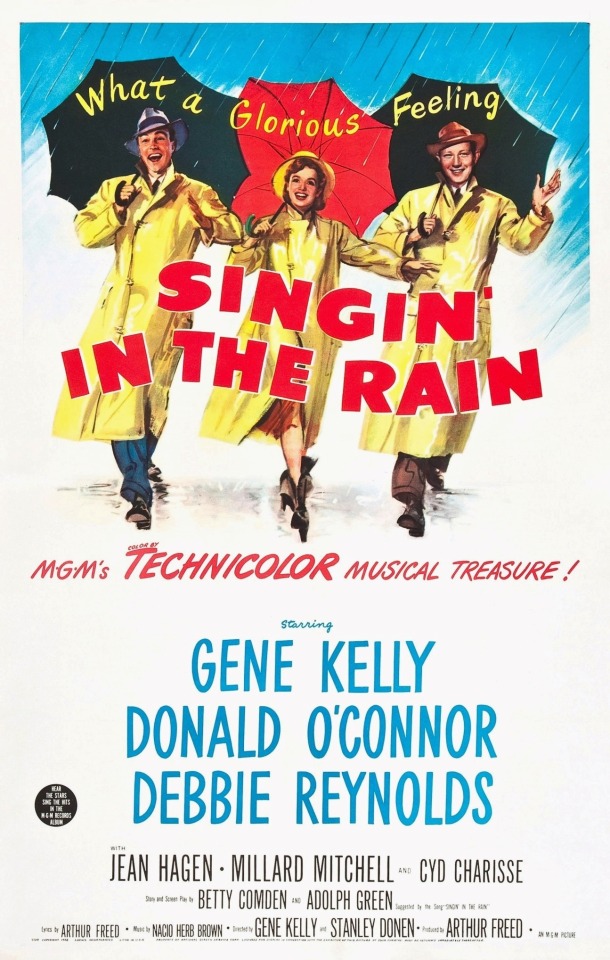
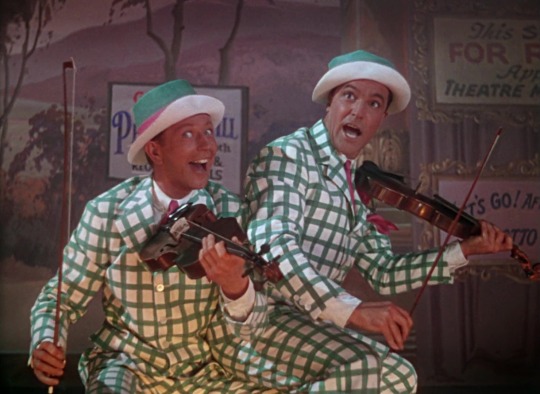

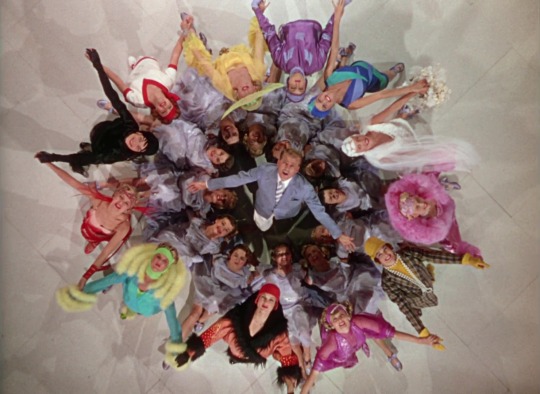
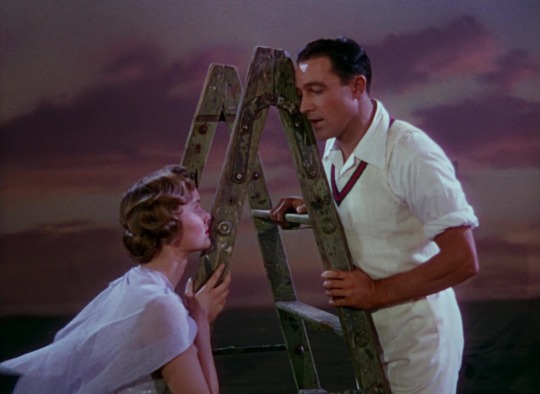
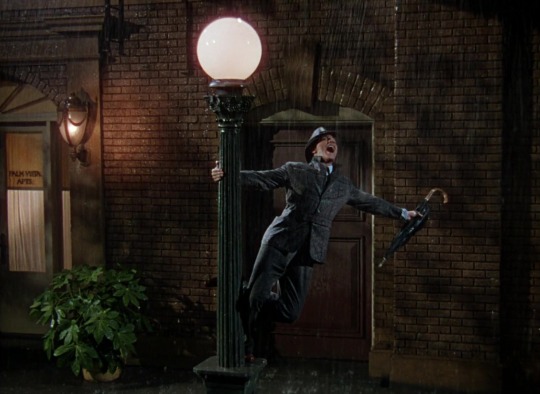
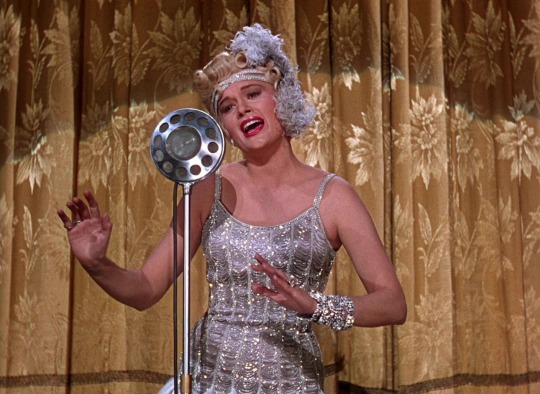

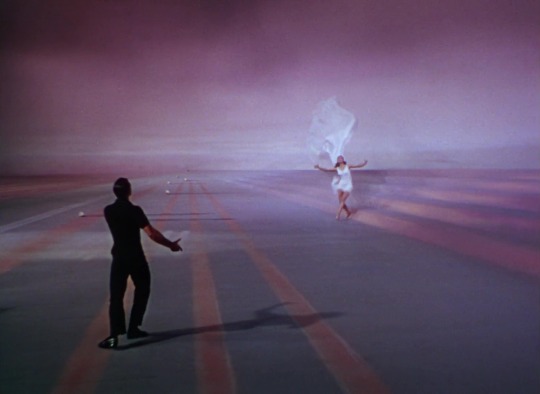

Singin’ in the Rain (1952, Stanley Donen, Gene Kelly)
8/28/22
#Singin' in the Rain#Gene Kelly#Donald O'Connor#Debbie Reynolds#Jean Hagen#Millard Mitchell#Cyd Charisse#Douglas Fowley#Rita Moreno#50s#comedy#musical#romance#romcom#Classical Hollywood#technicolor#dance#rain#film production#actors#actresses#show business#movie stars#Hollywood#behind the scenes#talkies#jealousy#vaudeville#oscar nominee
4 notes
·
View notes
Text
Loud Rats Book Club 2023
This year the rats became literate!
We suggested a number of books each month and then voted on one to read (somehow Fish managed to read all 12 of them… wild!). The ones in red are the winners, but there are some other really good books in there.
Hopefully you can find your next favourite read below! :)
January
Piranesi by Susanna Clarke
The Alchemist by Paulo Coelho
Hangsaman by Shirley Jackson
The Butchering Art by Lindsay Fitzharris
Earthlings by Sayaka Murata
Drive Your Plow Over the Bones of the Dead by Olga Tokarczuk
Why Fish Don't Exist by Lulu Miller
The Death of Ivan Ilyich by Tolstoy
Fledgling by Octavia Butler
Pirates and Prejudice by Kara Louise
If Beale Street Could Talk by James Baldwin
February
Adua by Igiaba Scego
The Left Hand of Darkness by Ursula K Le Guin
Detransition, Baby by Torrey Peters
The Passion by Jeanette Winterson
Upright Women Wanted by Sarah Gailey
March
Anna Karenina by Leo Tolstoy
The Humans by Matt Haig
Cane by Jean Toomer
Book of Disquiet by Fernando Pessoa
The Memory Police by Yōko Ogawa
The Fifth Season by N. K. Jemisin (#1 Broken Earth Trilogy)
Young Mungo by Douglas Stewart
April
Hamnet by Maggie O’Farrel
Dubliners by James Joyce
The Tiger's Wife by Téa Obreht
My Cousin Rachel by Daphne du Maurier
On Earth We're Briefly Gorgeous by Ocean Vuong
Entangled Life by Merlin Sheldrake
May
Mary: An Awakening of Terror by Nat Cassidy
No Country for Old Men by Cormac McCarthy
Our Wives Under the Sea by Julia Armfield
Where You Come From by Saša Stanišić
Wuthering Heights by Emily Brontë
Gwen and Art Are Not in Love by Lex Croucher
June
Death in Her Hands by Ottessa Moshfegh
Our Hideous Progeny by C. E. McGill
Swimming in the dark by Tomasz Jędrowski
Girls like Girls by Hayley Kiyoko
Diary of a Wimpy Kid 17 by Jeff Kinney
Zami: A New Spelling of my Name by Audre Lorde
Lesser Known Monsters of the 21st Century by Kim Fu
The Long Way to a Small Angry Planet by Becky Chambers
July
Kid Youtuber 9: Everything is Fine by Marcus Emerson, Noah Child
Bored Gay Werewolf by Tony Santorella
Hit Parade Of Tears by Izumi Suzuki
When Death Takes Something from You Give It Back: Carl's Book by Naja Marie Aidt
Pandora's Jar by Natalie Haynes
The Decagon House Murders by Yukito Ayatsuji
The Summer Book by Tove Jansson
Mapping the Interior by Stephan Graham Jones
August
Camp Damascus by Chuck Tingle
Small Game by Blair Braverman
Free: Coming of Age at the End of History by Lea Ypi
September
Hag-Seed by Margaret Atwood
The Employees: A workplace novel of the 22nd century by Olga Ravn
Fight Club by Chuck Palahniuk
October
Linghun by Ai Jiang
Eyes Guts Throat Bones by Moira Fowley-Doyle
The City of Dreaming Books by Walter Moers
The Half Life of Valery K by Natasha Pulley
Catch the Rabbit by Lana Bastašić
Kindred by Octavia Butler
November
Slaughterhouse Five by Kurt Vonnegut
Life For Sale by Yukio Mishima
We Have Always Lived in the Castle by Shirley Jackson
Liberation Day by George Saunders
Ripe by Sarah Rose Etter
Eugene Onegin by Alexander Pushkin
Giovanni’s Room by James Baldwin
December
Arsène Lupin versus Herlock Sholmes by Maurice Leblanc
The Hobbit by JRR Tolkien
Minor Detail by Adania Shibli
Prophet Song by Paul Lynch
Migrations by Charlotte McConaghy
#loud rats#book club#to be clear the ones who won weren’t the BEST choice we just love democracy here
158 notes
·
View notes
Photo
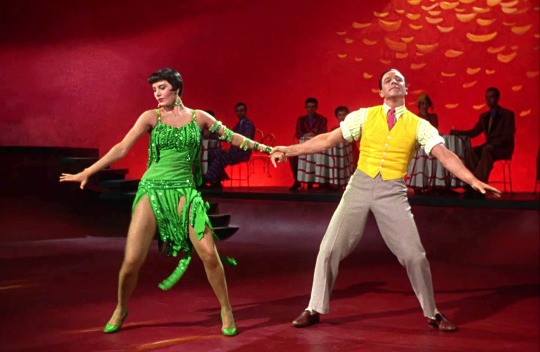
Cyd Charisse and Gene Kelly in Singin' in the Rain (Gene Kelly and Stanley Donen, 1952)
Cast: Gene Kelly, Debbie Reynolds, Donald O’Connor, Jean Hagen, Millard Mitchell, Cyd Charisse, Douglas Fowley, Rita Moreno. Screenplay: Betty Comden, Adolph Green. Cinemtography: Harold Rosson. Art direction: Randall Duell, Cedric Gibbons. Film editing: Adrienne Fazan. Music: Lennie Hayton, songs by Nacio Herb Brown and Arthur Free.
Egotism is accounted a sin, or at best a character flaw, but what would art, at least since the Renaissance, be without it? Imagine the history of motion pictures without the egotism of John Ford, Alfred Hitchcock, or Orson Welles, not to mention countless movie stars. So it comes as a bit of a shock to find David Thomson, in his essay on Singin' in the Rain in Have You Seen ...?, making reference to "[Gene] Kelly's rather frantic ego." But I do know what he means: I've always found the "Broadway Melody/Broadway Rhythm" number overlong and overdone, suggesting Kelly's attempt at being regarded as "serious" dancer, especially in the pas de quatre with Cyd Charisse, her train, and a wind machine. And its ending, with the zoom-in-close of Kelly's face, does seem a bit de trop. Thomson also hints that producer Arthur Freed may have been indulging his ego by loading the film with his and Nacio Herb Brown's catalog of songs, instead of those of better songwriters. Freed, as the head of the legendary "Freed Unit" at MGM, had won a best picture Oscar for another Gene Kelly musical based on a songwriter's catalog, An American in Paris (Vincente Minnelli, 1951), which was wall-to-wall George Gershwin. And even though Singin' in the Rain is a better movie, it might have been nicer if it had songs by Harold Arlen or Cole Porter or Rodgers and Hart. Porter at least gets plagiarized in Donald O'Connor's "Make 'em Laugh" number, the tune for which is virtually identical to that of "Be a Clown," which Porter wrote for the Freed-produced The Pirate (Vincente Minnelli, 1948). That said, the Freed-Brown songs are entirely appropriate to the era depicted: They date from such 1929 MGM musicals as The Broadway Melody (Harry Beaumont) and The Hollywood Revue of 1929 (Charles Reisner), exactly the ones parodied in Singin' in the Rain's montage of early movie musicals. My point is that egos are not enough to spoil the wonder that is Singin' in the Rain, widely regarded as one of the greatest movie musicals, and in my opinion just plain one of the great movies. Much credit goes to the expert comedy writing of Betty Comden and Adolph Green, and to Harold Rosson's cinematography. Kelly and Stanley Donen wisely did what directors of movie musicals so often fail to do: rely on long takes and full-body shots during dance numbers. As for the performers, no one in the film, and that includes Kelly and O'Connor, ever reached this peak again. Debbie Reynolds was too often betrayed into perkiness, but she is human and appealing here. Jean Hagen stole scenes from everyone and received one of the movie's two Oscar nominations -- the other was to Lennie Hayton for scoring -- but her movie career stalled and she wound up doing TV guest appearances. As for egotism, it pains me to remember that Singin' in the Rain was not nominated for the best picture Oscar winner for 1952. The winner was The Greatest Show on Earth, directed by one of the great egotists, Cecil B. DeMille. Some egotists are geniuses; others are hacks.
8 notes
·
View notes
Text
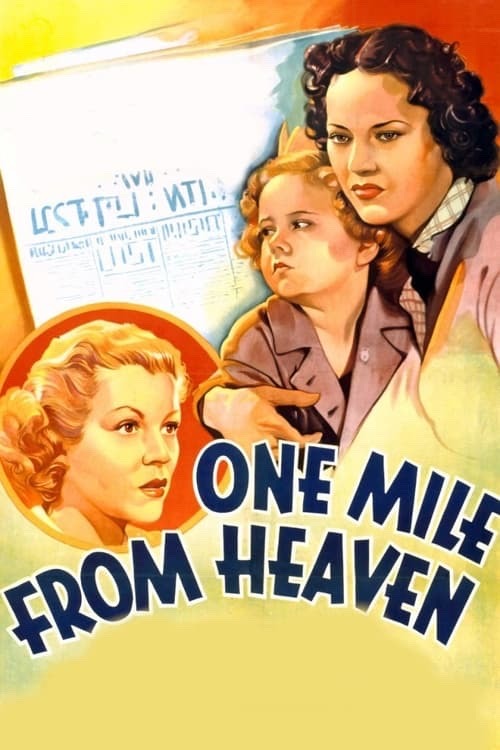
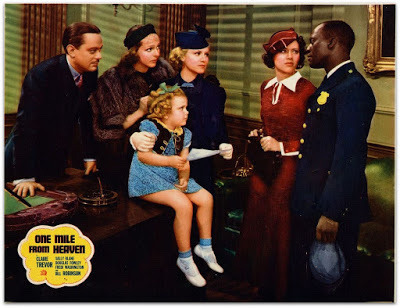
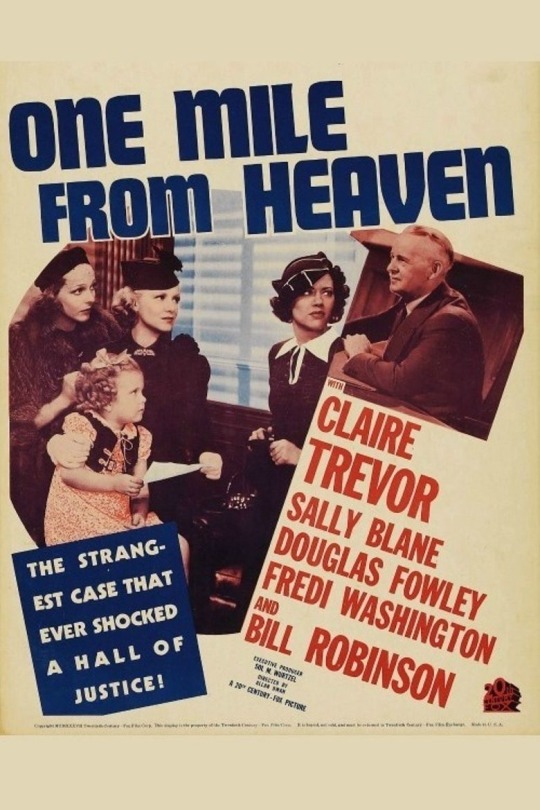
Allan Dwan’s ONE MILE FROM HEAVEN, starring Claire Trevor, Sally Blane, Douglas Fowley, Fredi Washington, and Bill Robinson, premiered 85 years ago today (1937)
5 notes
·
View notes
Text
Flaxy Martin

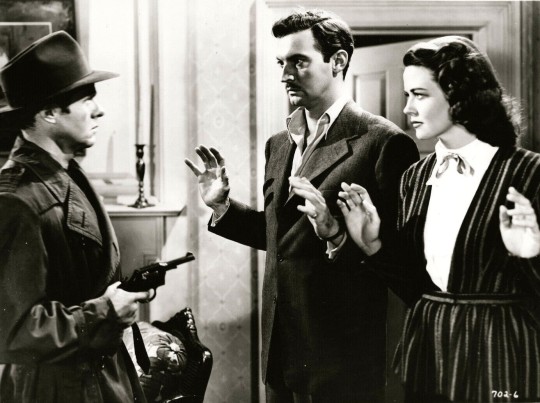
For all the great stars Warner Bros. developed, one sometimes wonders if Jack Warner had any eye for talent. Among the actors who slipped through his fingers were Bob Hope, June Allyson and Betty Hutton. He never developed Olivia de Havilland to her fullest potential. Bette Davis only became a star through her own determination, and Humphrey Bogart was pushed through by Hal Wallis. Warner bought Virginia Mayo’s contract from Sam Goldwyn, but it took him nine films to put her into the musicals for which she was best suited. Her first film under contract was Richard L. Bare’s FLAXY MARTIN (1949, TCM, YouTube), and the initial attempt to turn her into a femme fatale just fizzles. She could do good dramatic work with strong directors like William Wyler and Raoul Walsh, but on her own she doesn’t seem to have the resources to carry a dramatic film. Not that FLAXY MARTIN gives her a lot to work with. Zachary Scott is a mob lawyer who doesn’t know his girlfriend (Mayo) is being paid by his boss (Douglas Fowley) to keep him in line. When he finds out a witness who’d alibied one of the gang’s hired guns was paid to lie, he threatens to go to the district attorney, so Mayo helps Fowley frame him for the perjurer’s murder. Most of the cast is hobbled by bad writing, but at least Scott gets some sardonic lines he can work with. Mayo has one line that rings with conviction, talking about singing in a nightclub while men make jokes, but a lot of her other readings sound hollow, and she has one big dramatic moment that’s giggle-worthy.
Bare and cinematographer Carl Guthrie give the film a great, moody look, but with that script it’s like perfuming a corpse. It’s rife with improbabilities and cliches. While trying to kill Scott, hired gun Elisa Cook, Jr. consistently misses him. When he finally can shoot him point blank, he’s out of bullets, so he throws his gun at him. On the way to prison, Scott escapes by jumping from a speeding train. He rolls down a hill rapidly and crashes into a large rock, but only has a few bruises. And he rolls right into the arms of a woman (Dorothy Malone) lonely enough to tend his bruises even when she realizes he’s an escaped convict. This was Malone’s first major dramatic role, and she goes after it with an intensity no bad writing can withstand. Through personalization, she creates a character out of next to nothing. When she looks at Scott with those great, sad eyes of hers, you may wonder if Jack Warner was so besotted with Mayo’s blonde beauty, he couldn’t see that he had a major dramatic actress on his payroll. Maybe that was a problem with Hollywood in general, as it took a bleach job to get Malone the types of roles she deserved.
0 notes
Photo
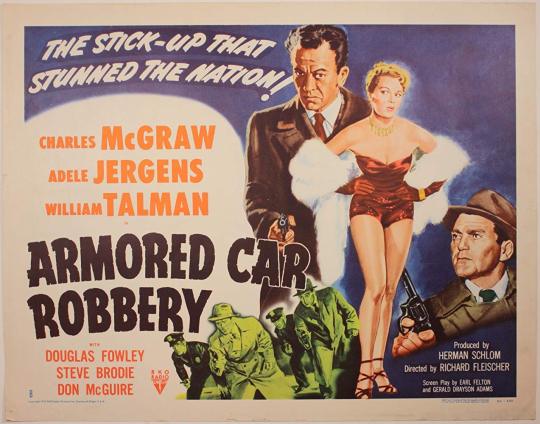
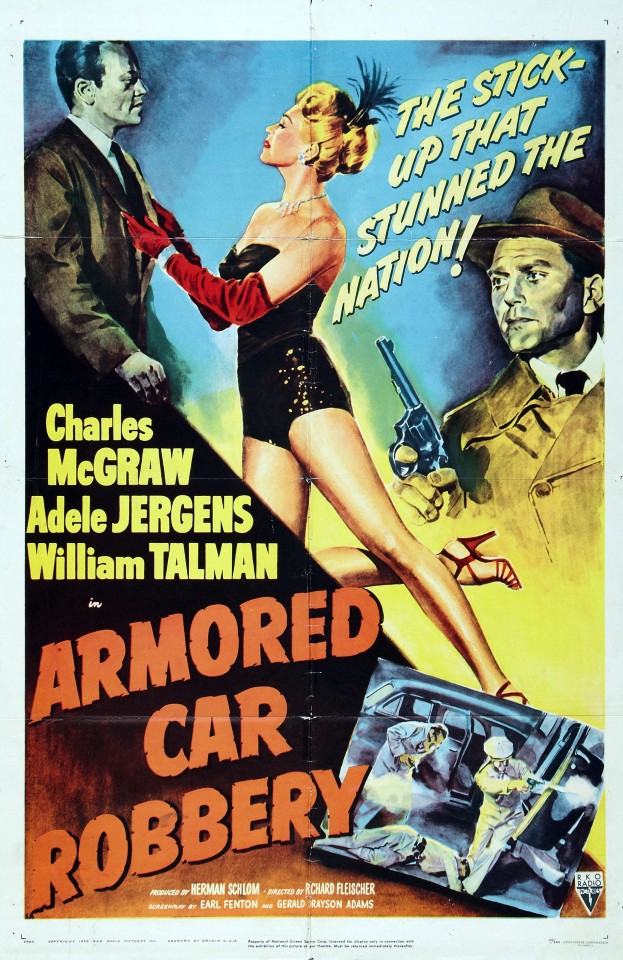
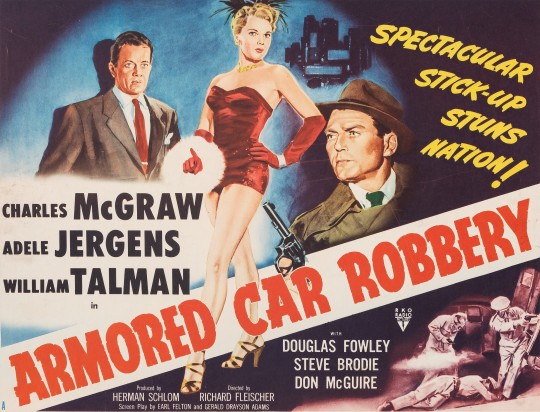




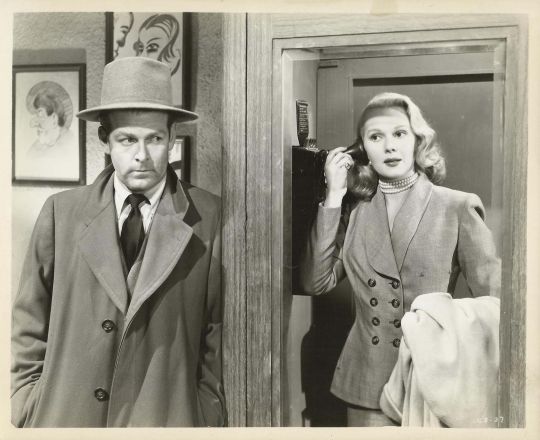
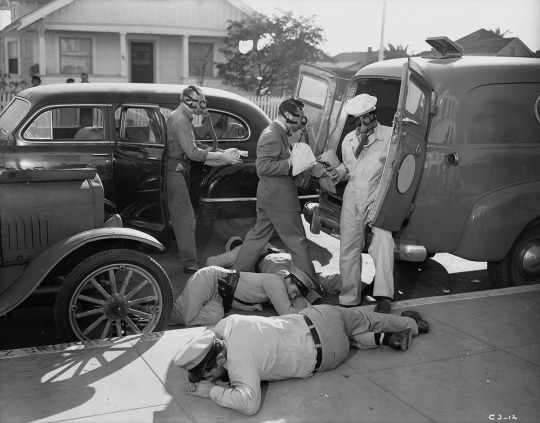
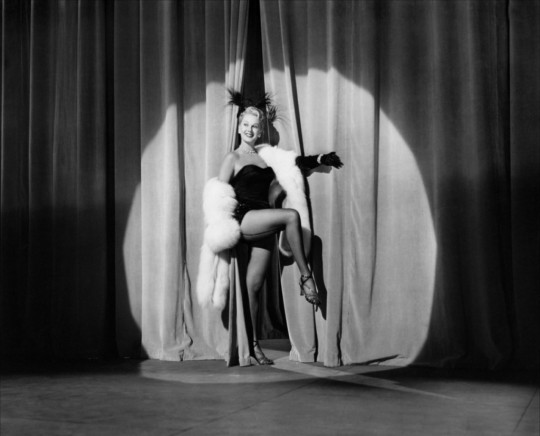
Armored Car Robbery (Armoured Car Robbery) (1950) Richard Fleischer
August 18th 2022
#armored car robbery#armoured car robbery#1950#richard fleischer#charles mcgraw#william talman#adele jergens#don mcguire#douglas fowley#steve brodie#gene evans#code 3-a#code 3
5 notes
·
View notes
Photo
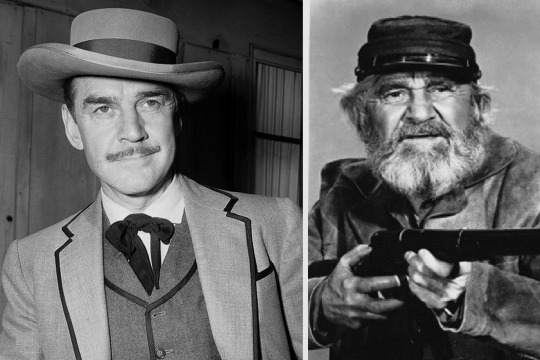
Character Actor
Douglas Fowley (born Daniel Vincent Fowley, May 30, 1911 – May 21, 1998) Film and television actor in more than 240 films and dozens of television programs, He is probably best remembered for his role as the frustrated movie director Roscoe Dexter in Singin' in the Rain (1952), and for his regular supporting role as Doc Holliday in The Life and Legend of Wyatt Earp. He is the father of rock and roll musician and record producer Kim Fowley.
For several seasons, Fowley played the key supporting role of John H. "Doc" Holliday in the 1955-1961 western television series The Life and Legend of Wyatt Earp after having appeared as Doc Fabrique in the show's premiere season. This role allowed Fowley to demonstrate his flair for comedy and other acting skills as a clever, sharp-witted, sardonic, cynical, alcoholic, poker-playing foil to the square-jawed, milk-drinking, church-going Wyatt Earp (Hugh O'Brian), whom Holiday nicknamed "Deacon" due to his rigid sense of morality. Not at all so encumbered Doc would occasionally take the law into his own hands behind Earp's back to protect his friend from legal action or even death when the marshal was legally or morally ham-strung. Holliday, as played by Fowley, having no problem working around morals or the law, could be either hilarious or cold-blooded.
From 1966 to 1967, Fowley portrayed Andrew Hanks in Pistols 'n' Petticoats, a CBS sitcom. Hanks was the patriarch in a family of gun-toting women who seemed to have little need for male assistance.
Fowley portrayed retired businessman Robert Redford in Detective School (1979).
In the 1950s, he appeared as himself on NBC's The Donald O'Connor Show. In 1954, he demonstrated his comic appeal when he appeared alongside Gracie Allen in The George Burns and Gracie Allen Show. He was cast in 1956 as Bob Egan in the "Two-Fisted Saint" episode of the religious anthology series Crossroads. He portrayed a con man in two episodes of the NBC sitcom It's a Great Life. He also guest-starred on Reed Hadley's CBS legal drama The Public Defender. He appeared, too, on the ABC situation comedy The Pride of the Family and on the NBC Western series The Californians and Jefferson Drum. He was cast on two Rod Cameron series, the syndicated City Detective and the Western-themed State Trooper, and in John Bromfield's series, U.S. Marshal. He guest-starred in the David Janssen crime drama Richard Diamond, Private Detective and guest-starred in season two, episode four of the Robert Culp Western Trackdown.
In 1959, Fowley appeared with Frank Ferguson in the episode "A Race for Life" of the CBS Western series The Texan, starring Rory Calhoun.
In 1964, Fowley made a guest appearance on the CBS courtroom drama series Perry Mason playing agent Rubin Cason in "The Case of the Bountiful Beauty". In 1965, he was cast as Sorrowful in episode 83 of the series The Virginian. In 1966, he appeared as "Rufus C. Hoops" in "The Search" season 2, episode 24, of the series "Daniel Boone". Original air date for this episode was March 3, 1966. In 1967, Fowley guest-starred on the short-lived CBS Western Dundee and the Culhane with John Mills.
In 1968, he appeared in episode 273 of My Three Sons as an old pal of Uncle Charley's. He had a role in the syndicated 1959-1960 Western Pony Express in the episode "Showdown at Thirty Mile Ridge". (Wikipedia)
6 notes
·
View notes
Photo
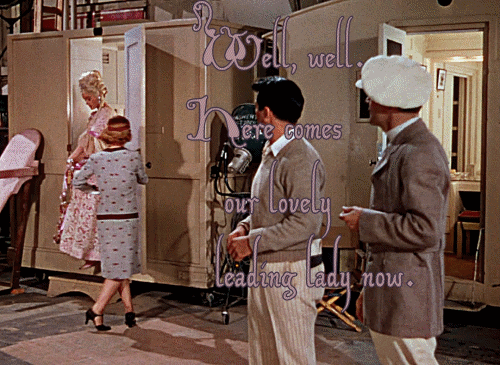
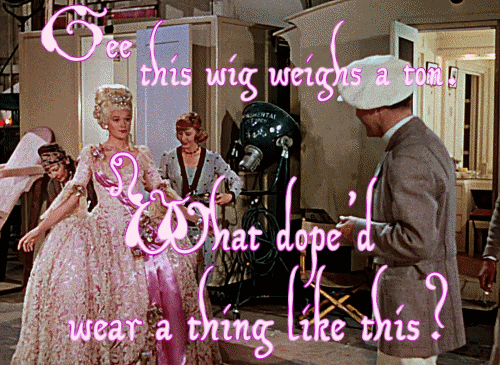
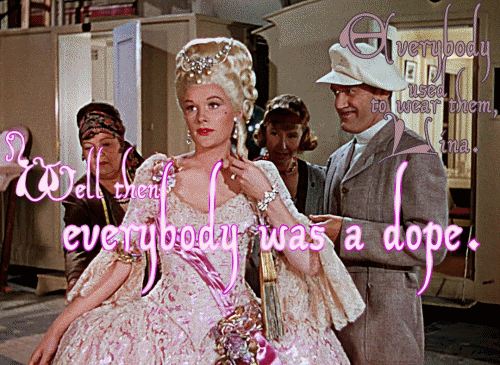
#jean hagen#douglas fowley#singin' in the rain#words to live by#compliments are nice#you know what's better#occupational safety and health#a woman? not at all times gratefully and graciously following the script when a man pays positive attention to her appearance?#a woman? questioning ludicrous and painful beauty standards imposed by men?#a woman? finding peer pressure and **tradition** a stupid reason for conforming?#i will go to the mat for lina lamont#goddamn if the dude doesn't nail the exact balance of sneering and leering#dialogue posts
21 notes
·
View notes
Text
Mighty Joe Young
Mighty Joe Young (1949), starring Terry Moore, Robert Armstrong
On an expedition to Africa, show business promoter Max O’Hara meets Jill Young. She has raised her pet gorilla, Joe, since she was a child. And the promoter wants to use Mighty Joe Young to promote his nightclub. What could possibly go wrong?
(more…)
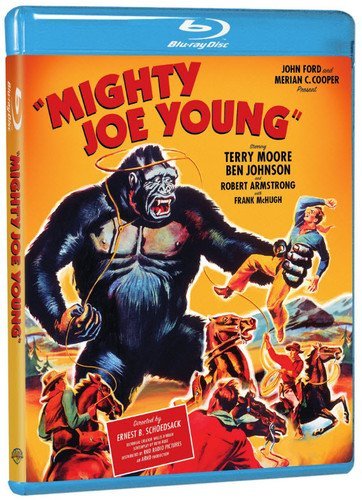
View On WordPress
#1949#Denis Green#Douglas Fowley#Frank McHugh#gorilla#James Flavin#King Kong#Nestor Paiva#Regis Toomey#Robert Armstrong#Terry Moore
1 note
·
View note
Photo
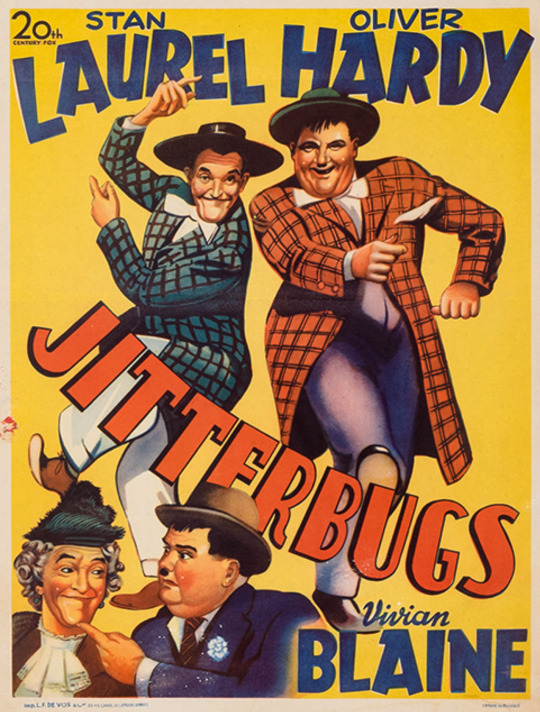
#jitterbugs#stan laurel#oliver hardy#vivian blaine#robert bailey#douglas fowley#noel madison#lee patrick#robert emmett keane#malcolm st. clair#1943
4 notes
·
View notes
Photo

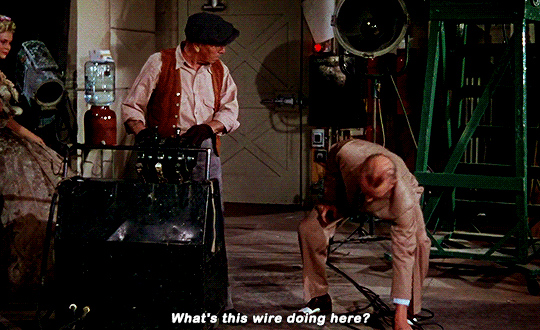
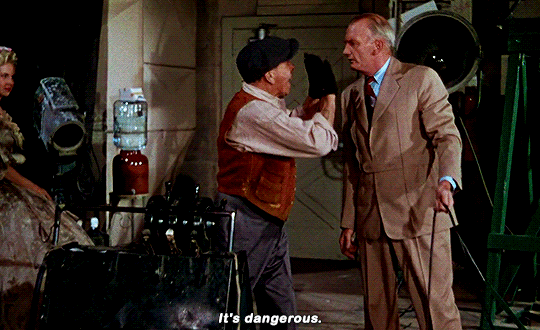
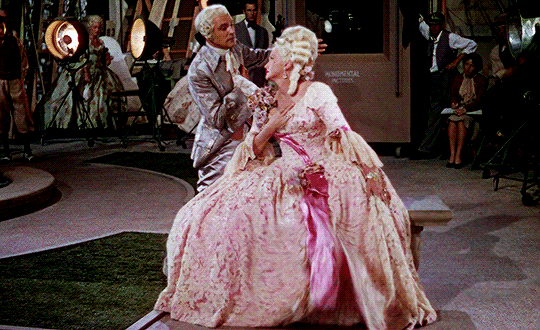
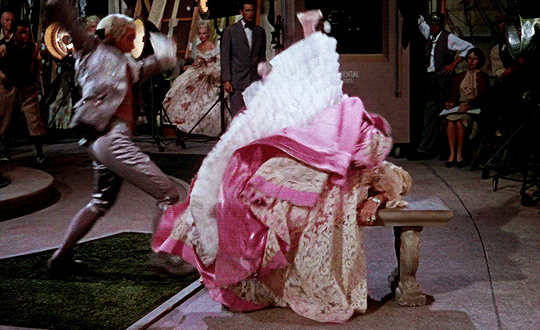
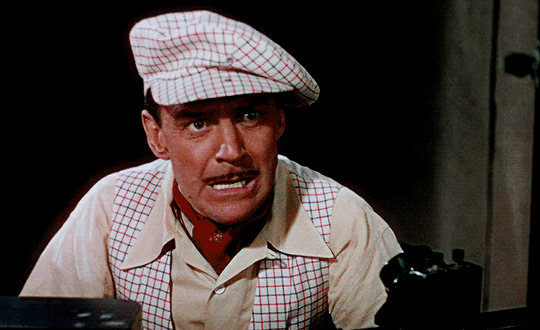
Singin’ In The Rain (1952) dir. Stanley Donen and Gene Kelly
#singin' in the rain#filmedit#musicaledit#musicalgifs#filmgifs#classicfilmblr#jean hagen#millard mitchell#douglas fowley#gene kelly#myedit
2K notes
·
View notes